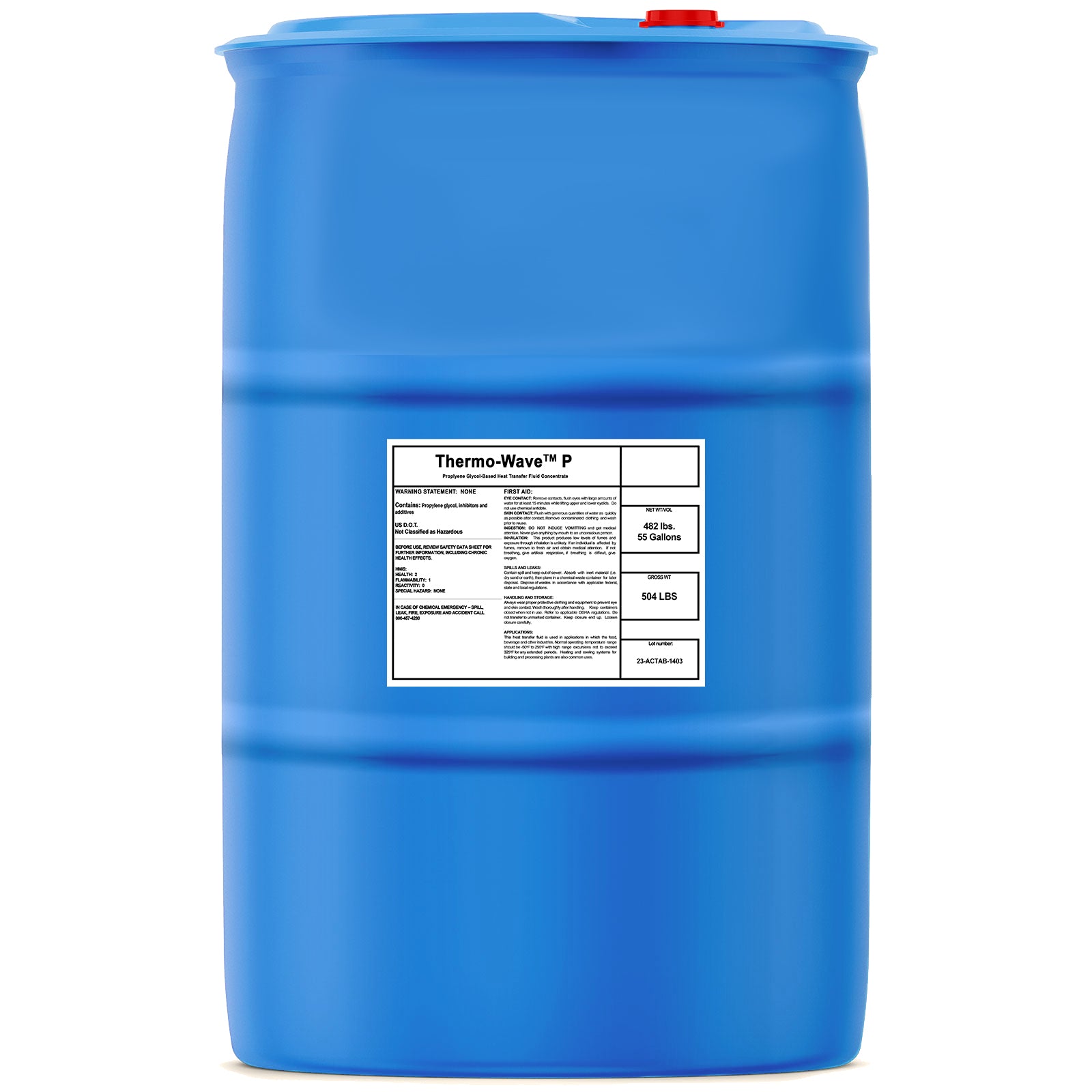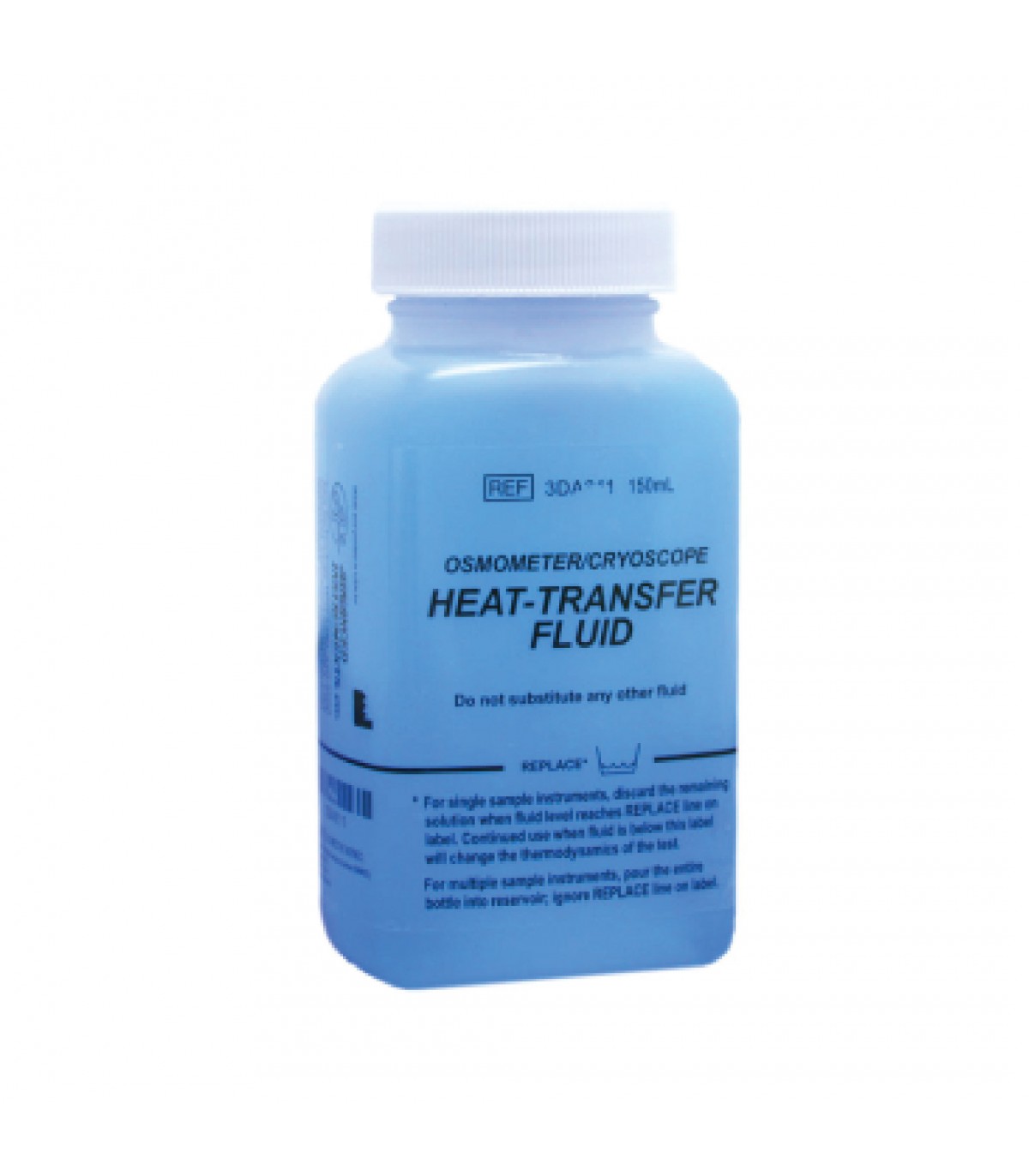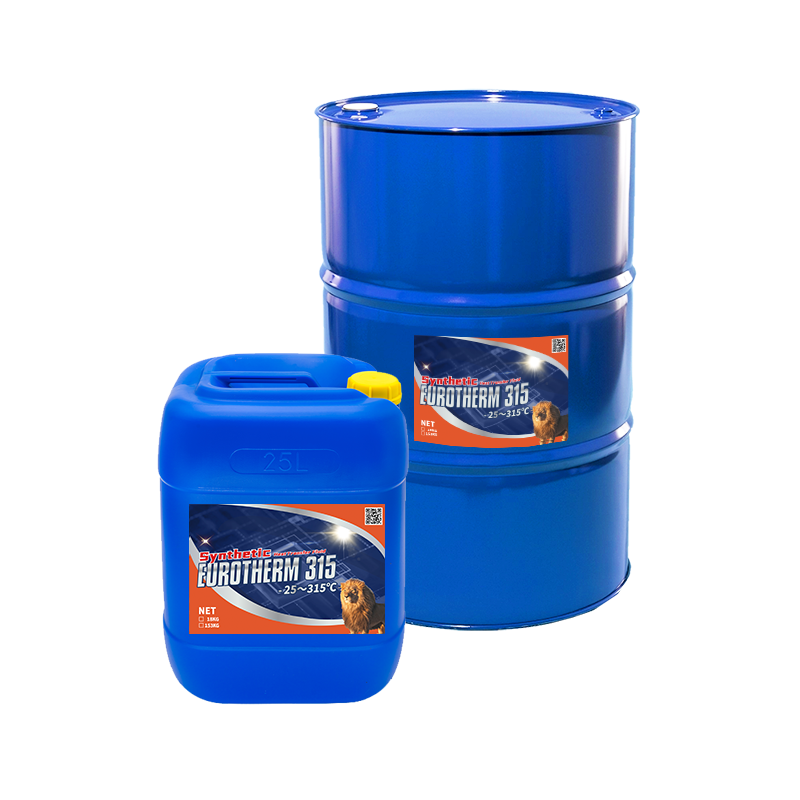Exactly How Heat Transfer Fluid Impacts the Performance of HVAC Equipments
Exactly How Heat Transfer Fluid Impacts the Performance of HVAC Equipments
Blog Article
Why Warm Transfer Liquid Is Necessary for Optimizing Energy Transfer in Solution
The duty of heat transfer fluids in optimizing power transfer is crucial for attaining reliable thermal monitoring across numerous industrial industries. These fluids facilitate smooth warmth exchange, making certain procedures run within ideal temperature arrays and mitigating the threat of overheating.

Function in Thermal Administration
Warm transfer fluids play an important function in thermal management by efficiently regulating temperatures in various commercial procedures and systems. These specialized liquids help with the transfer of heat in between various elements, making sure optimal operating conditions and protecting against getting too hot. By maintaining specific temperature control, heat transfer fluids enable industries such as chemical manufacturing, oil and gas, and power generation to run safely and efficiently.
The option of a suitable heat transfer liquid depends upon several variables, consisting of thermal stability, warmth capability, and viscosity. High thermal security guarantees that the fluid can stand up to extreme temperature levels without breaking down, while a high heat ability enables it to absorb and release substantial quantities of warmth - heat transfer fluid. Low thickness minimizes the power needed for pumping, adding to overall system performance
Furthermore, heat transfer liquids are indispensable in applications like refrigeration, where they assist soak up and dissipate warmth throughout the cooling cycle. In solar thermal power systems, these fluids capture and transportation solar heat to create electrical energy or offer warm water. Their flexibility to varied operating conditions and capacity to maintain constant thermal efficiency highlight their relevance in industrial thermal administration, promoting operational continuity and boosting precaution.

Enhancing System Efficiency
To maximize the advantages of thermal management, improving system efficiency with the strategic use of warmth transfer fluids is paramount. These fluids play an important function in optimizing power transfer by facilitating constant thermal guideline, which in turn impacts the overall performance and durability of systems. Reliable heat transfer causes minimized energy losses, decreased functional prices, and improved dependability of tools. By maintaining ideal temperature level degrees, warm transfer fluids help make sure that systems run within their designed parameters, consequently protecting against overheating and decreasing the risk of component failure.

Kinds of Warmth Transfer Fluids
The diversity of heat transfer liquids underscores their important role in a series of industrial applications, each tailored to fulfill details thermal monitoring demands. These fluids assist in effective energy transfer and are selected based upon crucial residential or commercial properties such as thermal stability, thickness, and warmth ability. The primary kinds consist of water, glycol services, oils, and synthetics, each offering distinct benefits.
Water is the most typical heat transfer tool due to its high specific warmth capacity and reduced cost. Mineral oils are preferred for their thermal stability and try these out non-corrosive nature, making them ideal for high-temperature applications.

These fluids ensure superior performance in systems where traditional fluids might fall short. The option of a warmth transfer liquid is important, as it affects system effectiveness, security, and durability.
Environmental and Economic Advantages
Using the best heat transfer fluids offers substantial ecological and financial benefits for industrial operations. By selecting liquids with premium thermal security and high warm capacity, sectors can boost energy effectiveness, causing minimized fuel usage and reduced greenhouse gas discharges. This adds to a smaller carbon footprint and lines up with worldwide sustainability goals. Eco-friendly warm transfer fluids, commonly biodegradable and safe, reduce the risk of dirt and water contamination in case of leakages or spills, consequently safeguarding ecosystems and complying with stringent ecological regulations.
Financially, the ideal heat transfer fluid can significantly minimize functional costs. Effective warmth transfer minimizes power expenditure, causing reduced utility expenses and boosted profitability. Additionally, liquids with extended lifecycle efficiency decrease the frequency of substitutes and upkeep, lowering downtime and associated expenses. Investing in top notch liquids can also mitigate the danger of equipment rust and failure, preventing pricey fixings and expanding the lifespan of crucial facilities. In competitive markets, these cost savings and effectiveness give a distinctive benefit, permitting firms to allot sources extra effectively and spend in more advancement. Generally, the calculated usage of ideal warm transfer fluids supports sustainable financial development and ecological stewardship.
Selecting the Right Liquid
Just how does one browse the intricate procedure of choosing the right warmth transfer fluid for commercial applications? Selecting the suitable fluid is crucial, as it directly influences system effectiveness, safety, and functional costs. Secret factors to consider include thermal security, compatibility with system materials, and operating temperature level range. Thermal security ensures the liquid can withstand high temperatures without breaking down, while compatibility avoids rust or various other harmful responses with system components. The operating temperature array must line up with the system's needs to maintain performance and long life - heat transfer fluid.
In addition, the liquid's warm capacity and viscosity are paramount. A high heat capacity permits the fluid to absorb and move even more energy, site web enhancing performance.
Verdict
The strategic choice read what he said and application of heat transfer fluids are basic to enhancing power transfer across various systems. By making certain high thermal stability and capability, these liquids offer precise temperature level control and boost general system performance.
Report this page